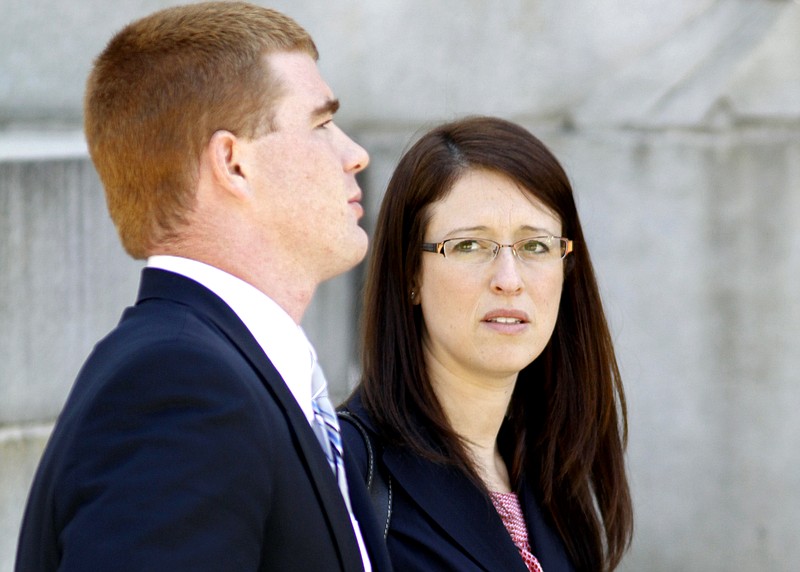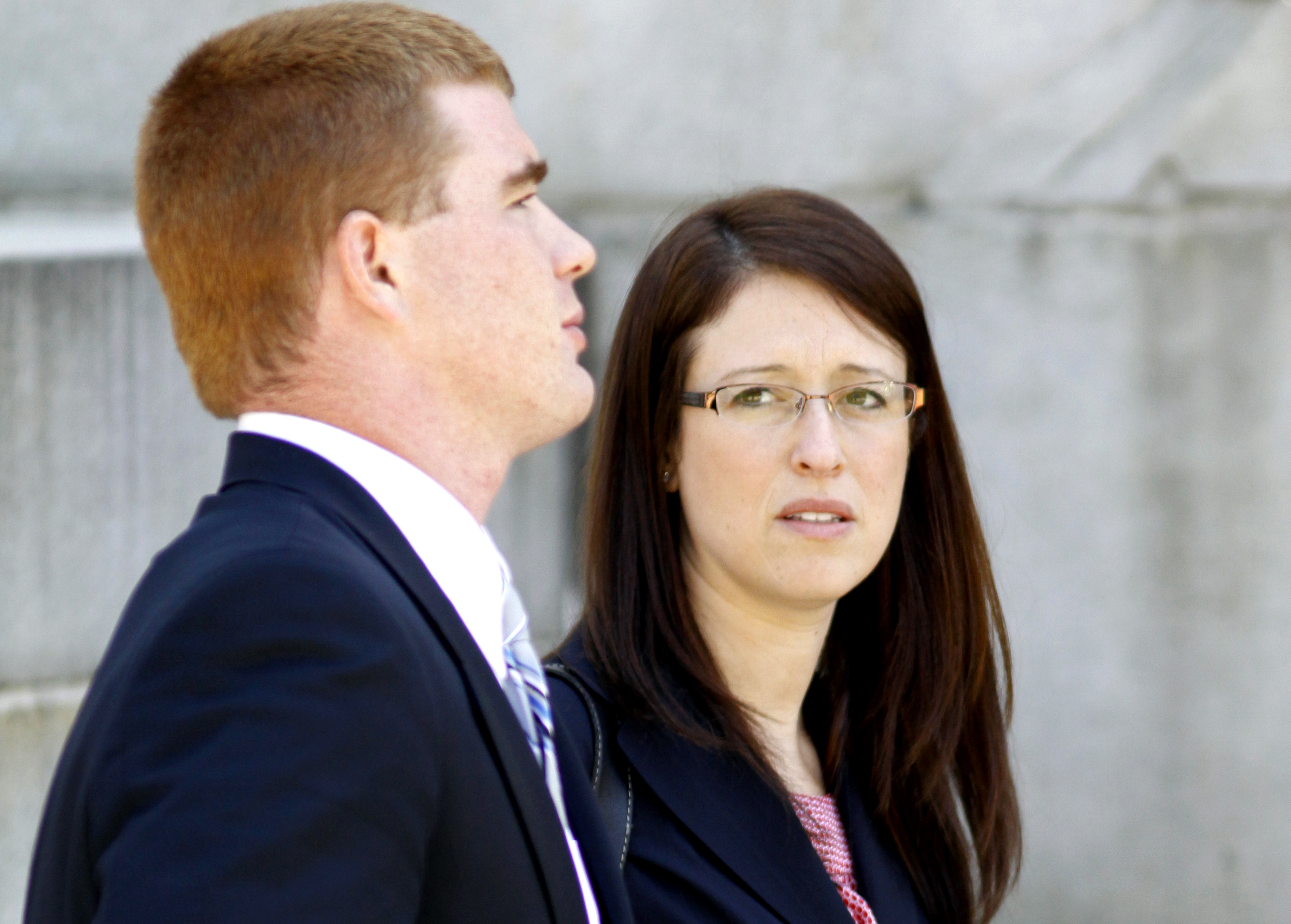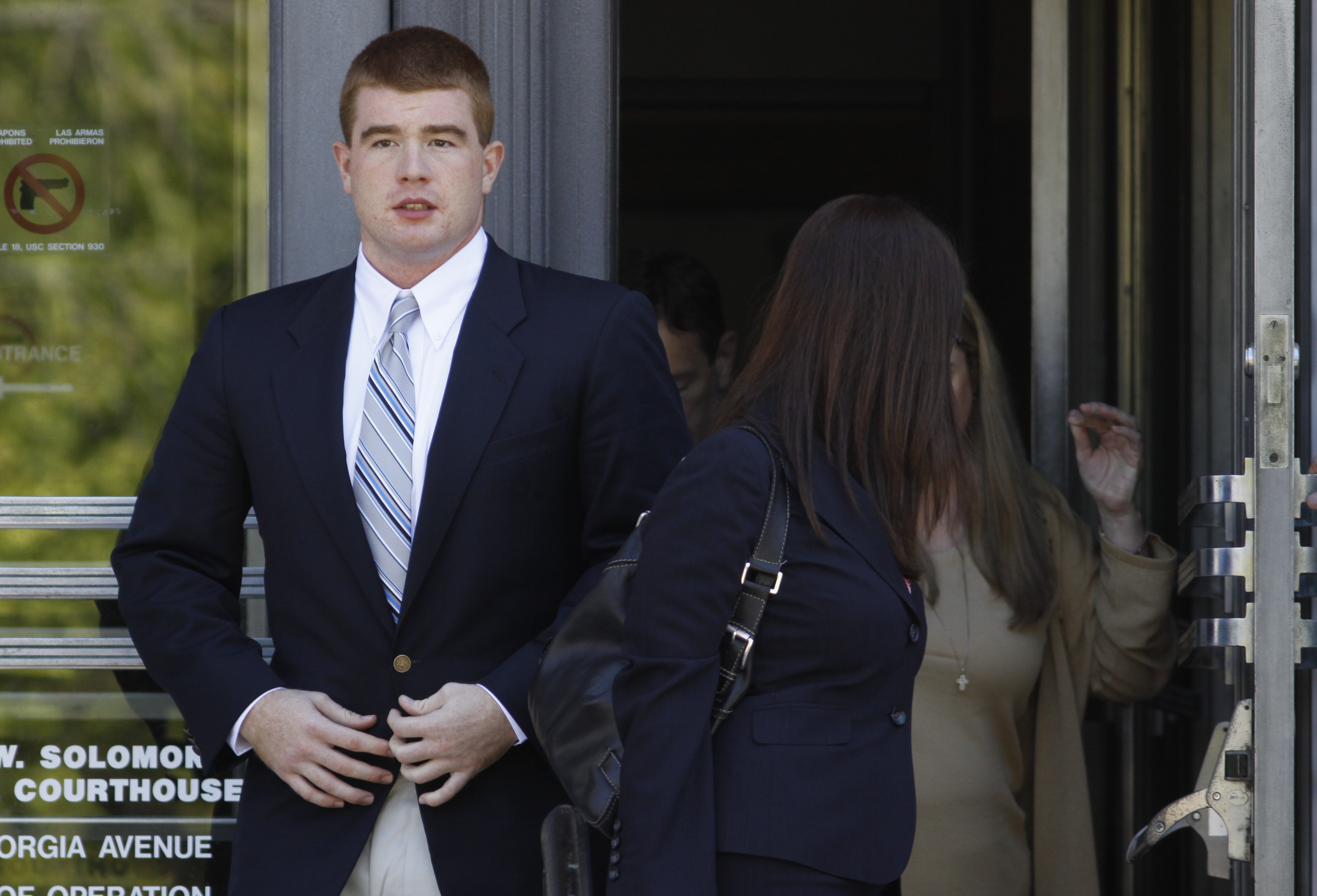Attorneys will begin the third day of a $3 million breach-of-contract lawsuit against Sewanee: The University of the South today with testimony from the adviser to a former student at the time of his expulsion.
The adviser has said the university's process "railroaded" the student.
The plaintiff, identified only as John Doe in documents filed in federal court, also is suing the school for negligence.
Doe claims the university violated its own policies by not protecting him with a fair investigation and hearing following a rape accusation by another student. The female student, identified as A.B. in documents, later left the school for drug and alcohol treatment and did not pursue criminal charges against Doe.
Following the 2008 faculty committee hearing that expelled Doe, Sewanee adviser David Spaulding told Doe's mother, identified as Mary Doe in court documents, that he was "appalled" by the results of the faculty disciplinary committee's brief investigation and that her son's college career had been "derailed."
For nearly the entire second day of the trial Wednesday, attorneys questioned Brett Sokolow, who is considered an expert witness on sexual harassment and assault policies. He is the president of the National Center for Higher Education Risk Management and consults hundreds of colleges on their policies related to sexual harassment.
Doe's attorney, Charles Wayne, spent hours having Sokolow explain how he believes the university failed to follow commonly accepted guidelines in handling sexual assault cases.
Wayne focused at length on the timeline of events, starting with the alleged incident to the time Doe was informed of the charge against him and then expelled.
The alleged assault took place Aug. 29, 2008, in Doe's dorm room, and both Doe and A.B. had been drinking. Later inquiry would find that A.B. also was on "mood stabilizers" and depression medication.
After the alleged act, A.B. stayed in the room for a few hours, left about 7 a.m. and told police she had been raped by Doe.
On Sept. 16, 2008, A.B. met with Dean Eric Hartman and wrote a statement about the incident. Hartman called Associate Dean Alexander Bruce, who investigated the incident but did not speak with either A.B. or Doe.
Two days later, Hartman told Doe he was being charged. The following day, a faculty committee found Doe guilty of violating school policy and expelled him. Hartman gave Doe the option of reapplying in one semester with the rape charge on his student record or leaving for a year and reapplying with a clean record.
"Is there any valid reason for this timeline?" Wayne asked Sokolow when he was on the stand.
"No, there's no valid reason, it's a 'gotcha' moment," Sokolow responded.
Sokolow said universities typically give someone accused of such an act five to 10 days to prepare for a hearing.
Later during his testimony, Sokolow called the entire handling of the investigation and hearing by Hartman "outrageous." The university's attorney, Rosemarie Bryan, objected to this characterization, and U.S. District Judge Harry "Sandy" Mattice asked Sokolow to restate his response.
Sokolow reiterated the unusual procedure the university had used and said that it had acted essentially as "prosecutor" "judge" and "jury" throughout.
Hartman is scheduled to testify today.



